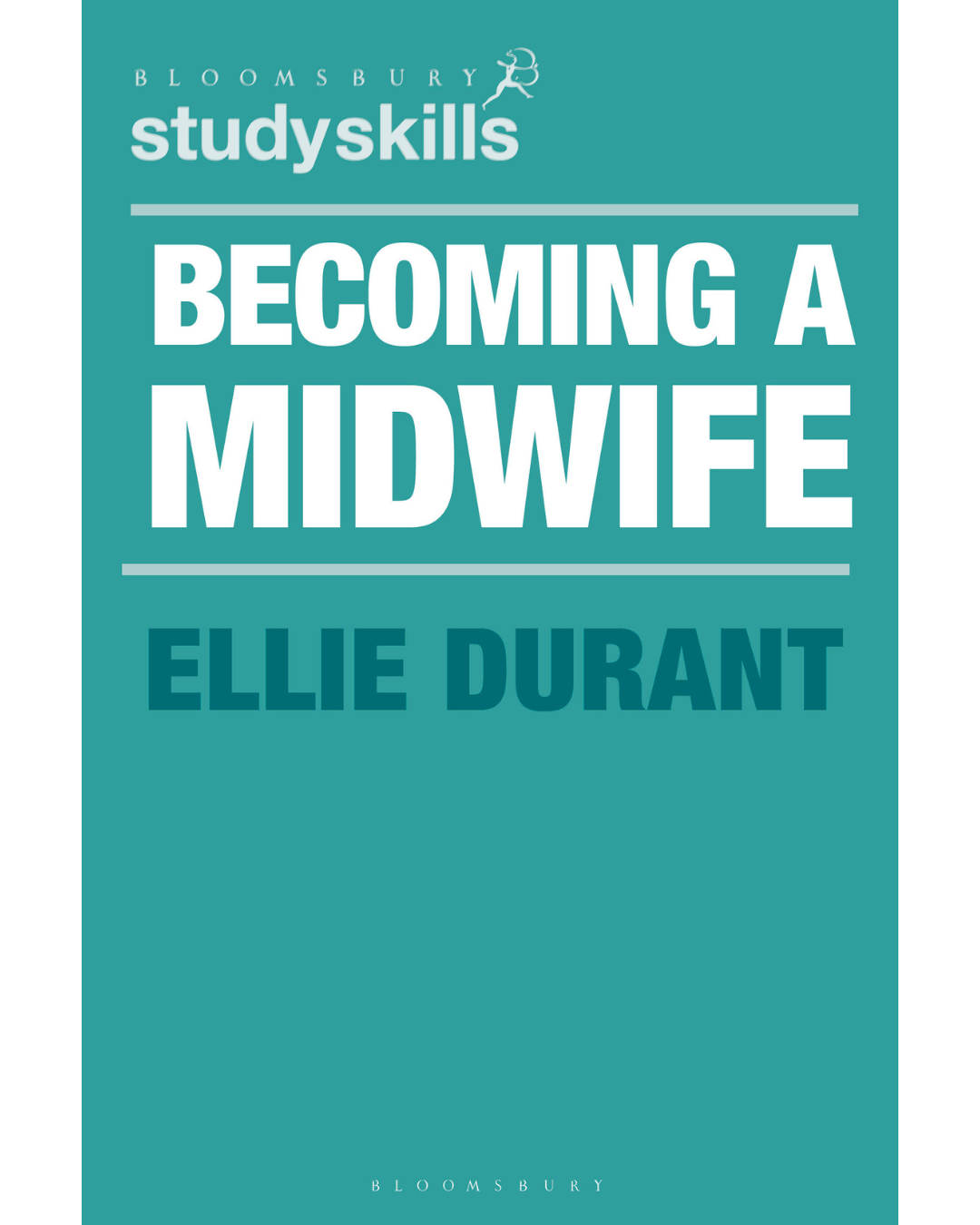[𝐃𝐚𝐲 𝟑] 𝐅𝐢𝐯𝐞 𝐘𝐞𝐚𝐫𝐬 𝐎𝐥𝐝
[𝐃𝐚𝐲 𝟑] 𝐅𝐢𝐯𝐞 𝐘𝐞𝐚𝐫𝐬 𝐎𝐥𝐝
𝘛𝘩𝘪𝘴 𝘪𝘴 𝘢𝘯 𝘪𝘯𝘴𝘵𝘢𝘭𝘮𝘦𝘯𝘵 𝘰𝘧 𝘢 𝟸𝟷-𝘥𝘢𝘺 𝘸𝘳𝘪𝘵𝘪𝘯𝘨 𝘴𝘦𝘳𝘪𝘦𝘴 𝘰𝘯 𝘵𝘩𝘦 𝘵𝘩𝘦𝘮𝘦 𝘰𝘧 '𝘎𝘳𝘢𝘯𝘥𝘸𝘪𝘧𝘪𝘯𝘨', 𝘪.𝘦. 𝘮𝘪𝘥𝘸𝘪𝘧𝘪𝘯𝘨 𝘵𝘩𝘦 𝘮𝘪𝘥𝘸𝘪𝘧𝘦. 𝘠𝘰𝘶 𝘤𝘢𝘯 𝘴𝘦𝘦 𝘵𝘩𝘦 𝘸𝘩𝘰𝘭𝘦 𝘵𝘩𝘪𝘯𝘨 𝘢𝘵 𝘮𝘪𝘥𝘸𝘪𝘧𝘦𝘥𝘪𝘢𝘳𝘪𝘦𝘴.𝘤𝘰𝘮
Once when I was about five, I got hurt somehow and my Mum instructed me to look out of the window and count the raindrops. Concentrating on a natural phenomenon bigger than yourself is a solid coping strategy for distress. Of course, what also helped was I was getting a hug.
If only a hug and looking out of the window worked every time. Life gets complicated as we grow up. A great book I read just before Christmas is ‘What My Bones Know’ by Stephanie Foo which talks about complex PTSD from childhood abuse and how to overcome it. The author has had the kind of trauma that most of us do not experience, including her parents trying to murder her on multiple occasions, so I don’t know how much I can relate. But I feel like she has the credentials to teach us about anxiety. It was helpful for me to hear about Foo trying different therapies, including EMDR, specialist yoga, and acupuncture. One form of coping with anxiety she mentions is ‘counting the colours’, where you look around you and count all the blue things, all the red things, etc. In situations where my nervous system is running around the room on its own without my permission, this has worked. The technique sounds a bit like it should be for kids, but it’s effective.
I’m from the school of thought that says deep internal knowledge helps us untangle our reactions. Understanding your history, structure, and your behavioural reactions is powerful and life-changing. I’m evangelical about psychotherapy but there are different ways of mapping out your inner world. You can do this kind of work in different ways: religion; art; meditation/meditative movement; lots of ways out there. I just happen to like the tool which comes with lots of talking; go figure.
The skill we start to gain at five years old are the start of a life-long project on emotional intelligence. They are the same skills that are needed when working on a ward or any other care setting. What to do with big feelings while interacting with the people around us remains the central question about how to be a human. It might help to look at the staff and clients and remember that they are basically children walking around in adult bodies, keeping a big changeable cloud of sensations just under control. In midwifery, where people are going through some of the biggest events of their lives, we are perhaps more in touch with this than in other professions. And I believe that parents of young children might have their finger on the truth more than the rest of us put together...
Keep building skills around processing your emotions; academic and clinical skills are important, but it’s your ability to work through your emotions that are going to be the defining factor of your career. If all else fails, start with something your parents taught you when you were five. While I’m thinking about what’s going to work in the big adult world, I’ll be counting the raindrops and asking for a hug.
To your needs,
Ellie
p.s.
In part I'm writing this series to help launch my new book, ‘Becoming a Midwife: A Student’s Guide’. It's out 23/2/23.
I am bad at getting these up on the website each day I'm writing them, but if you want to get them without delay, subscribe to the midwifediaries.com mailing list.
Also, I want to talk to you about all this. So it's a good excuse to put on some live sessions around the theme. Stay tuned for more information.

